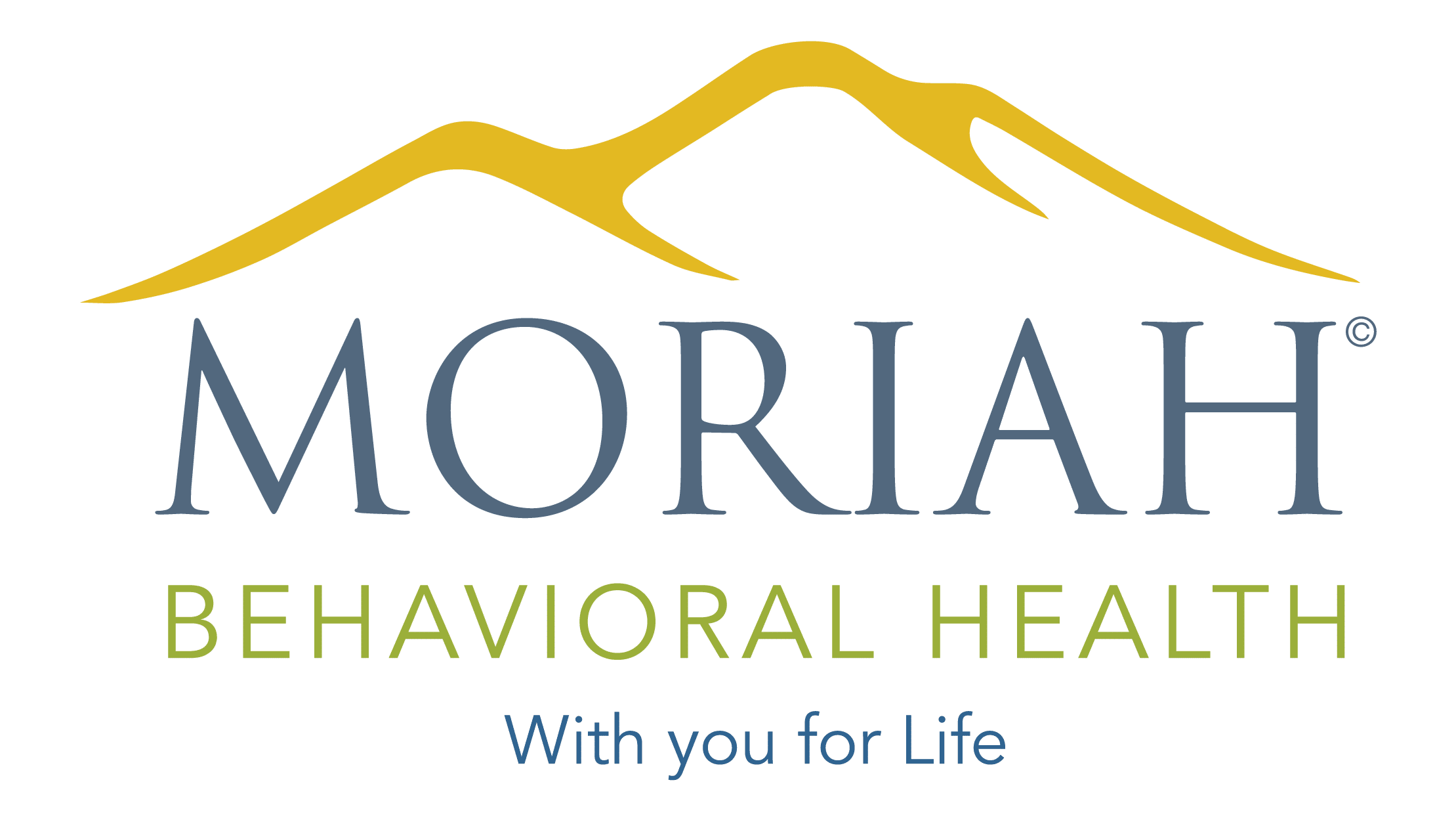Self-Harm Treatment
What is Self-Harm Behavior?
Self-harm behavior, sometimes referred to as self-injury, is when a teen hurts themself on purpose. There are different types of self-harming behavior, but any behavior that is used to intentionally hurt yourself is considered self-harm.
Self-harm is a harmful, unhealthy way to cope with overwhelming emotions like pain, anger, and frustration. The behavior is often followed by shame and guilt and the overwhelming emotions are only temporarily impacted.
When Is Treatment Appropriate?
If your teen is harming themselves, professional treatment can help. Any self-harming behavior is a sign that there are other issues that need to be addressed. At Moriah, we provide an appropriate level of treatment for any teen struggling with self-harm. Our goal is for every client to learn the skills and knowledge that will lead them to a healthy minded life.
Getting treatment for self-harming behaviors helps teens learn healthier coping skills. By offering several levels of treatment, we are able to match your teen to residential, partial hospitalization, intensive outpatient treatment, the program that meets their needs at the time of admission.
What type of Treatment is best?
Every teen is coming to treatment from a unique situation with their own individual needs. Our programs meet each client where they are and we develop a treatment plan to meet the specific needs they have at the time of admission. To ensure we have appropriate levels of treatment for all of our clients, we provide multiple levels of care for teens including residential, partial hospitalization (PHP), intensive outpatient (IOP), virtual therapy, supported living, and alumni support.
Keys to Success
At each of our treatment programs, we focus on helping teens feel supported and comfortable while we provide the skills and knowledge that will help them live a healthy minded life. Our programs offer comprehensive therapeutics. In addition to those therapies, there are some other factors that can help lead to positive outcomes.
Education
For many of our clients, school is still an important part of their lives. To support academic progress, we provide the tools and resources with local education professionals to allow our clients to stay on track or get back on track with their schoolwork.
Family Involvement
Family involvement is a central part of our treatment programs. We believe that it is a key factor in success in treatment, and that belief is backed by research. Those closest to your teen can provide useful information that helps inform treatment goals; you know them better than anyone else. Family involvement also provides the best support and encouragement throughout treatment and beyond.
Therapeutic Support
Through a combination of individual therapy, group therapy, experiential therapy and other therapeutic activities we help teens heal and focus on living a healthy minded life. Through our therapeutic program, your teen is able to learn about their issues and effective coping skills. We further the comfortable, supportive setting through experiential therapies and therapeutic activities including music therapy, art therapy, equine therapy, yoga, hiking.

